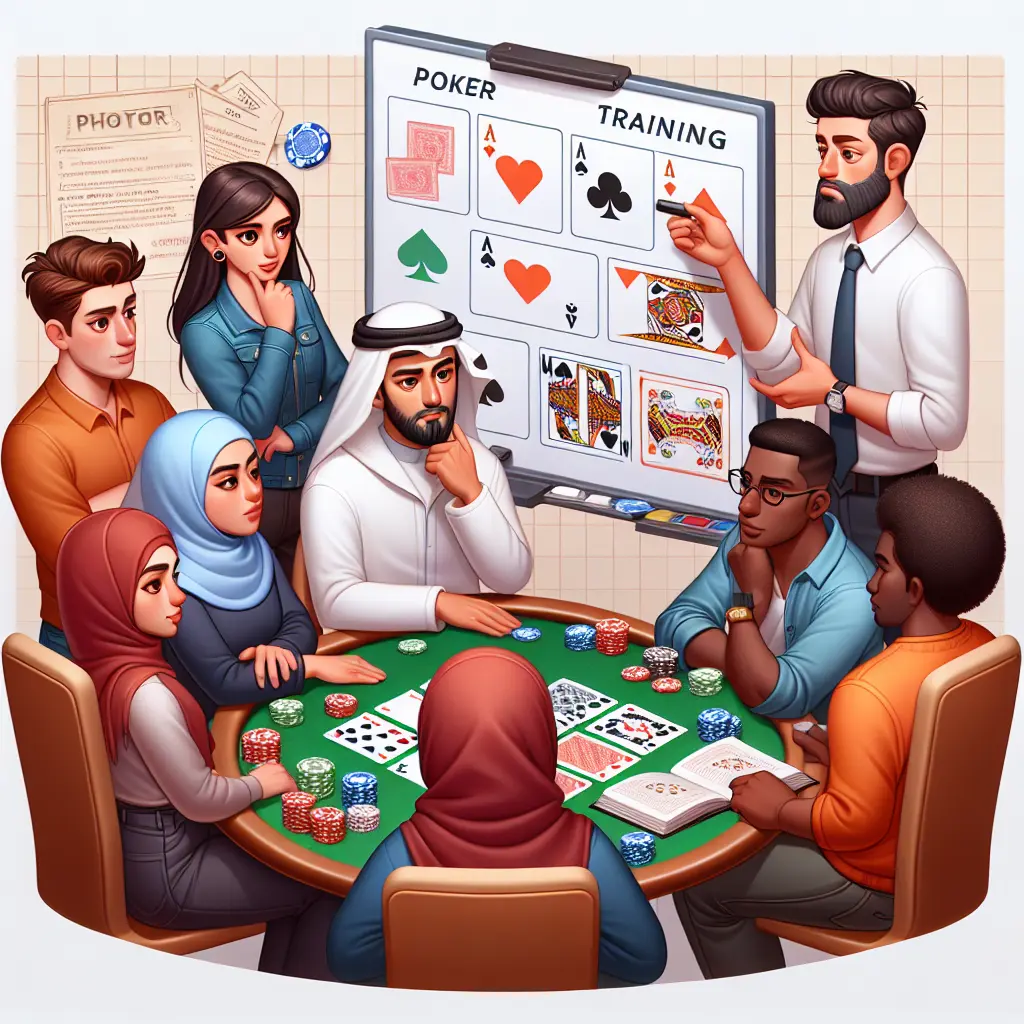Poker is not just a game of chance; it's a dance of skill, strategy, and psychological mastery.
Poker has intrigued and captivated players worldwide for decades, challenging both the casual weekend player and the aspiring professional with its complex and multifaceted nature. The game's allure lies in its dynamic combination of probability, psychological strategy, and the thrill of outsmarting your opponents. To excel in poker, one must invest in learning and continually refining their skills. Here's how expert-backed training programs can elevate your poker game to the next level.
Understanding the Need for Poker Training
Poker demands more than just luck; it requires a deep understanding of various elements that influence gameplay:
Probability: Mastering the odds is crucial in making informed decisions at the poker table.
Benefits of Expert-Backed Training Programs
Psychology: Understanding your opponents' behavior, tendencies, and emotional cues can provide a strategic edge.
Strategy: Developing a comprehensive game plan that includes both offensive and defensive tactics is essential.
These facets make poker a discipline that thrives on continuous learning and improvement. Training programs offer structured environments where players can hone these skills systematically.
Structured Learning: Expert-backed programs provide a systematic approach to learning poker, breaking down complex concepts into manageable lessons.
Steps to Choosing the Right Training Program
Tailored Feedback: Professional trainers offer personalized feedback, helping players identify their strengths and weaknesses.
Simulated Environments: Many programs use simulations to recreate real-game scenarios, allowing players to practice decision-making in a risk-free setting.
Access to Exclusive Strategies: Learn from seasoned professionals who share advanced strategies and insights that are not readily available in free resources.
Community Engagement: Training programs often have communities of like-minded individuals, fostering an environment for sharing tips and strategies.
Research the Instructors: Look into the credentials and experience of the trainers to ensure they have a proven track record.









Leave a Comment